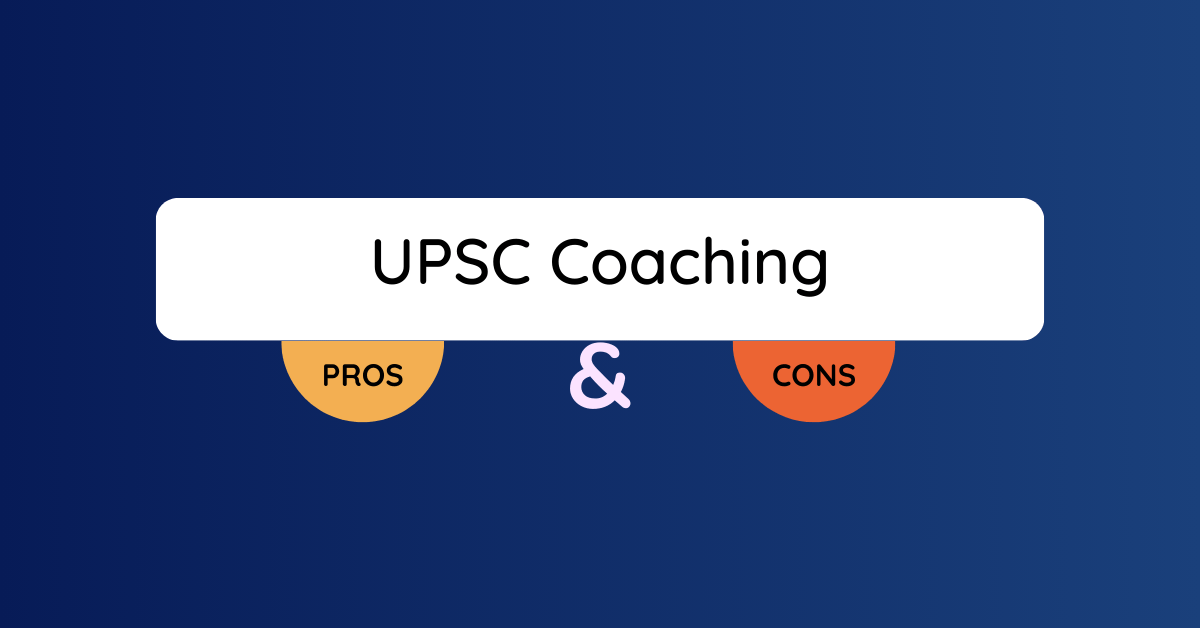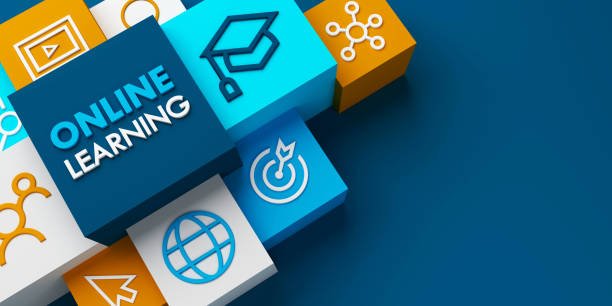Pros and Cons of UPSC Coaching – A Detailed Review

The Civil Services exam conducted by UPSC is one of India’s most difficult exams. It requires intense preparation and a broad level understanding of various subjects. That is why many candidates opt for coaching, and many today are attending UPSC online classes. Here, we will review the advantages and disadvantages of UPSC coaching.
Advantages
Structured Learning Environment:
One of the biggest benefits of UPSC coaching, especially from best IAS coaching in Delhi, is its structured format. It is very important to complete the entire UPSC syllabus. This is only possible when an organized curriculum is systematically followed.
– Sequential Topic Completion – Leading coaching centres pick the topics very strategically. Firstly, the topics are picked from which comprehension gets easier. This makes it simpler to remember everything.
– Revision Schedule- Centres also arrange regular revision sessions. Regular revising is important since that helps in remembering everything.
– Current Affairs Integration – These centres also infuse current affairs in their curriculum as they carry significant weightage in the exam.
Personalized Mentorship:
The academic experts extend their support on a one-to-one basis. They focus on a student’s precise concern, providing specific responses, and also giving personalized hints. This allows students to make a strategy that suits the individual’s strengths and weaknesses.
Meanwhile, the insight and experience of teachers in UPSC preparation gives invaluable lessons. They teaches to understand the test trends in past years, question types, and intelligent methods to reply.
More than anything, it’s the role of the mentor to motivate and psychologically boost aspirants. This ensures that one stays in high spirit and keeps the focus high during the year of tedious study.
Peer Connection and Competitive Spirit:
One of the greatest benefits of coaching, particularly those that operate online for UPSC preparation, is the environment of competitiveness. It’s a dynamic that gets students on their toes and helps them understand their peers’ benchmark.
• Learning in a Gathering Setting: The coach center hours enable the students to interact with one another. The best method to learn these subjects is to engage in discussions.
• Performance Benchmarking: Staying in contact with a peer group fosters a sense of competition, which one uses to measure one’s progress. Not just their assessed status, it also reveals to the student where the student is strong and weak. Based on this reflection, the latter shall plan his or her strategy.
• Supportive Network: Being a share owner with a bunch of similarly hopeful aspirants ensures you have a secure reinforcement net.
• Constant Competition: However, the paradox of competition is that it may sometimes be agonizing. This constant game to conquer one another may exhaust a person mentally and eventually result in an anxious burnout.
Resource and Study Material Availability:
Coaching institutes provide numerous study facilities, questionnaires, and revision notes. These are generally prepared to accommodate the civil services examination’s demands.
• Current and Comprehensive Materials: Institutes regularly update their study material according to the latest UPSC syllabus and patterns. Provide current and extensive material to prepare with.
• Diverse Learning Tools: In addition to notes, these places include a variety of learning tools, such as infographics, video lectures, interactive quizzes, etc. that cater to varying preparatory preferences.
• Regular Practice Tests, Mock Tests: Regular tests and mock exams not only assess your preparedness but also train you on the exam-taking process and schedule.
Disadvantages
• This structured format can backfire as well. Rather than individual needs, everyone has to study at the same pace. Everyone has a different style of learning. It’s like wearing a single-size garment; some will be too loose, some will be too tight. This difference leads to increased stress and reduced efficiency. Some students may get more than they can digest so quickly.
• Requesting the mentor to solve the student’s curiosity might restrict them from experimenting with their own inquisitiveness or other helpful materials. One can liken it to always reading a recipe but never trying one’s own hand at culinary art – where’s the fun in that?
• Limiting study options to these materials that prevent any additional study materials are not beneficial in terms of ensuring preparation and familiarity with handling diverse material.
In conclusion, traditional face-to-face coaching or online IAS coaching, both have their sets of pros and cons. Individual preferences vary with personal circumstances, available time, learning preferences, willingness to invest, and other factors. The decision to join a coaching institute should thus be a well-informed, tailor-made one that fits an aspirant’s unique preparation strategy.







